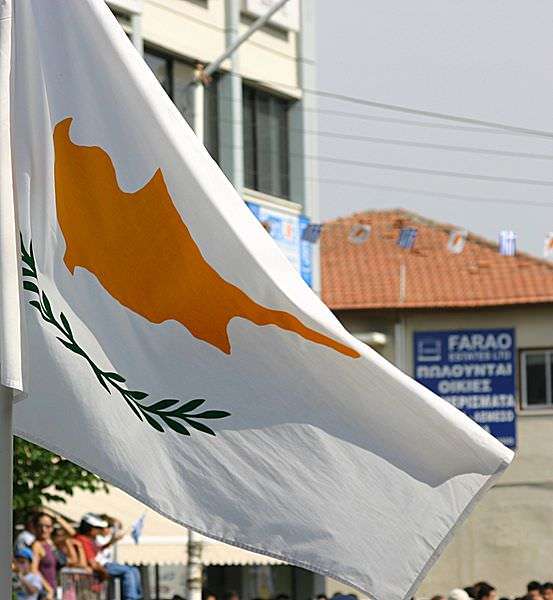Cypriot Legislators Are Rushing to Put Together a Bailout Plan

The Cypriot government has rejected the European Union's bailout deal and has failed to secure aid from the Russians.
A brief announcement from the European Central Bank issued yesterday said that it would stop providing emergency funds for the Central Bank of Cyprus on March 25 unless the Cypriot government can reach a bailout deal with the E.U. and the International Monetary Fund.
The Cypriot government rejected the E.U.'s bailout deal in part because it required that those with deposits in Cypriot banks contribute to a bank levy. This understandably made those with Cypriot accounts concerned and some feared a run on the banks. The move upset Russian Prime Minister Dmitri Medvedev, who said that the move would be akin to something seen under the Bolsheviks. Today the Cypriot government is discussing plans that include guaranteeing deposits of €100,000 in accounts with Laiki, one of the largest banks in Cyprus. Those with more than of €100,000 in an account with Laiki could potentially see some of their money seized. From the Associated Press:
As part of the package being discussed Friday, lawmakers were considering restructuring the country's second largest bank, Laiki, which suffered big losses on investments in Greek debt.
A large part of deposits in Laiki above the €100,000 ($129,000) per depositor that are insured could be confiscated. A banking official, who spoke only on condition of anonymity because the talks were ongoing, said seizures of 25% to 30% were being discussed.
What is remarkable about the situation in Cyprus is that under the plan originally put forward by the E.U. and the plan being discussed by the Cypriot government those with savings in Cypriot banks could see some of their money seized. If a plan is agreed upon that allows for money to be seized directly from accounts it will be a worrying precedent to set, despite the fact that taking money directly from depositors accounts is just a more direct way of taking money than inflation.
Member of the European Parliament Daniel Hannan has pointed out that it might be worth remembering another small island that ran into financial problems a few years ago.
